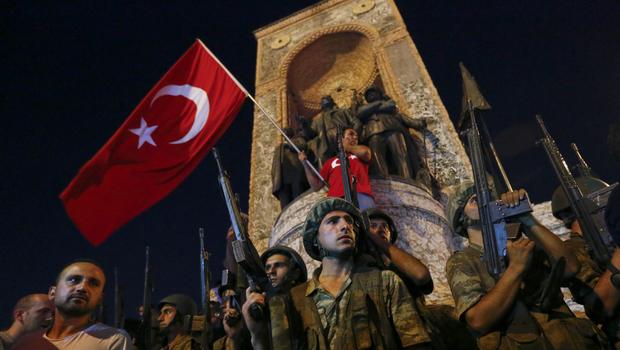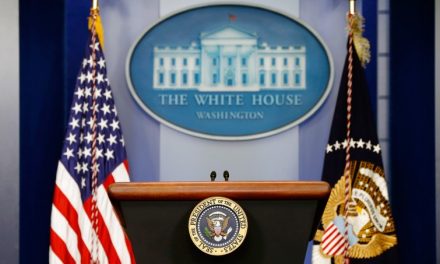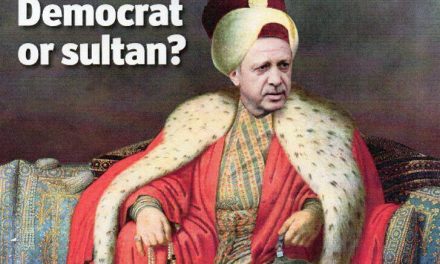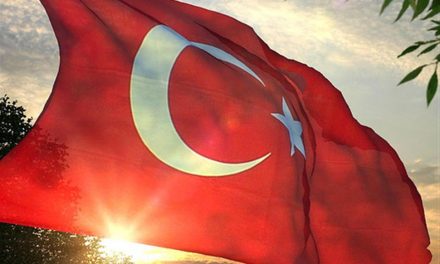By Ishaan Tharoor, WashingtonPost
Over the weekend, Turkey marked the one-year anniversary of a deadly coup attempt against President Recep Tayyip Erdogan and his elected government.
You probably know the story: On July 15, 2016, a mutinous faction of soldiers staged a short-lived insurrection that was confronted by mass protests in Istanbul and elsewhere. More than 250 people were killed, including many civilians, and thousands injured before order was restored.
A year ago, I reported the aftermath from Istanbul. In a country known for its profoundly polarized politics, the events of July 15 had ushered in a remarkable period of unity. After decades of military interference in political life, Turks across the political spectrum seemed galvanized by their fellow citizens’ defense of democracy. On Aug. 7, Erdogan even appeared at a gigantic rally with prominent figures of the opposition — including his biggest challenger, secularist Kemal Kilicdaroglu — in an unprecedented show of solidarity.
Today, whatever unity once existed is long gone. At events in Istanbul and Ankara commemorating the “martyrs” who perished, Erdogan thundered against his opponents at home and abroad.
“We will rip off the heads of those traitors,” Erdogan said at a massive nationalist rally in Istanbul on Saturday, reiterating his desire to reinstate the death penalty. He then scolded Kilicdaroglu, who recently led a three-week protest march against Erdogan from Ankara to Istanbul.
“You should be ashamed of yourself,” Erdogan said. “This nation is not a coward like you. This nation has a heart.”
Turkish authorities pinned the attempted coup on Fethullah Gulen, a U.S.-based cleric who founded a global network of influential schools and charities but who is widely seen in Turkey as the mastermind of a subversive fifth column seeking to control the Turkish state. In an interview with NPR last week, Gulen again denied any involvement in the attempted coup.
The murky origins and circumstances of the putsch are still the subject of fevered debate, and Gulen’s mooted extradition to his homeland seems nowhere in sight. Erdogan railed at Western governments for supposedly taking the side of his enemies and seeking to undermine Turkey.
“The stance of the European Union is clear to see … 54 years have passed and they are still messing us about,” he said in Ankara on Sunday, resuming his long-running feud with European leaders. “We will sort things out for ourselves. There’s no other option.”
Erdogan’s government certainly has set about “sorting things out.” Just days after he survived the coup attempt, Erdogan declared it “a gift from God” that would usher in “a new Turkey.”
Since then, Erdogan has presided over a vast and astonishing purge of his country’s state institutions and civil society. He and his allies say they are expunging supposed Gulenist plotters, but they are in reality targeting a much larger pool of dissidents, activists and other perceived adversaries.
Around 150,000 people were suspended or fired from their jobs in state institutions or universities. On Friday alone, news came of 7,000 more people dismissed from their posts, including 2,303 police officers and hundreds of academics. At least 50,000 people from the military, police, judiciary and other branches of government have been arrested. More than 100 journalists are behind bars. Dozens of newspapers and TV stations have been shut down.



















